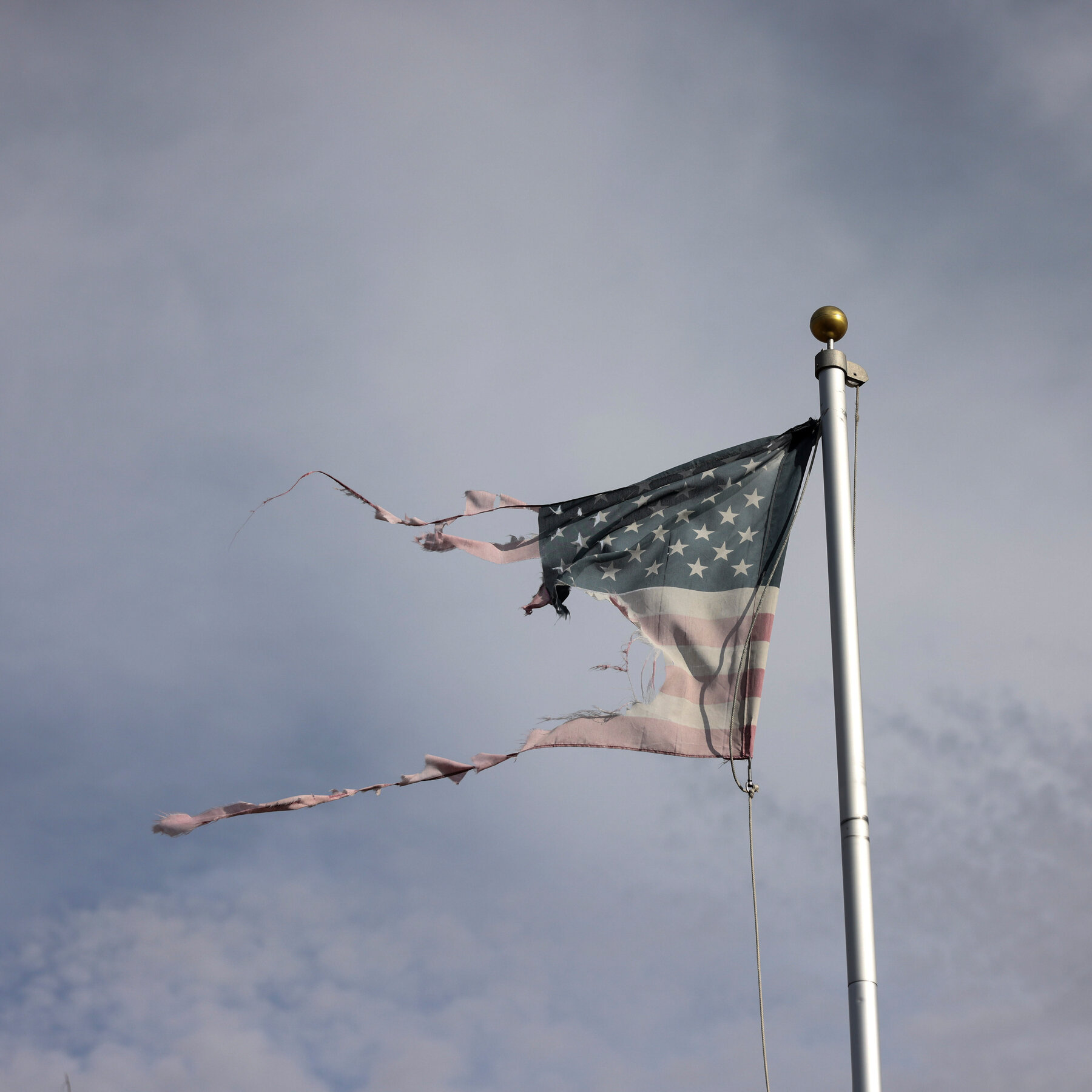The administration's approach to the justice system has entered a new phase, characterized by a series of unconventional and controversial actions that critics say subvert long-standing legal norms. This new chapter has been marked by personnel decisions, challenges to judicial authority, and an evolving approach to high-profile cases.
One of the most notable examples of this shift is the ongoing situation in New Jersey, where the administration is engaged in a power struggle to keep Alina Habba, a former personal attorney for the president, in the role of US attorney. When her interim term expired and a panel of federal judges appointed a replacement, the Department of Justice fired the judges' appointee and, through a series of legal maneuvers, re-appointed Habba to serve as an "acting" US attorney. This move has been widely criticized as a circumvention of the traditional process and has led to a legal challenge from a defendant who argues that Habba's authority is unlawful, a situation that has thrown the New Jersey federal courts into a state of chaos.
This is not an isolated incident. The administration has reportedly employed similar tactics to keep other controversial US attorneys in place in other districts. In another development, Emil Bove, who defended the president in several criminal cases, was narrowly confirmed for a lifetime seat on a federal appeals court. Democrats and legal experts raised concerns about the appointment of a former criminal defense lawyer to the judiciary, with some accusing him of overseeing the dismissal of prosecutors seen as insufficiently loyal to the administration.
The administration's actions regarding the Jeffrey Epstein files have also contributed to the sense of a new phase. Following a Department of Justice report that found no "client list" and no evidence of blackmail, both Republicans and Democrats have pushed for the release of more information. In response, the president has requested the unsealing of grand jury testimony, but a federal judge has already rejected one such request. The president's own evolving explanation for his past relationship with Epstein, and the subsequent public statements from Virginia Giuffre's family, have only added to the complexity and scrutiny of the situation.
These events, combined with the administration's use of executive power to impose tariffs and its push to eliminate diversity, equity, and inclusion (DEI) initiatives, have led many legal experts and critics to argue that the president is now focused on reshaping the justice system to align with his political goals, raising fundamental questions about the rule of law and the separation of powers.



 Uncategorized
Uncategorized 21 Jul, 2025
21 Jul, 2025 Riley Phillips
Riley Phillips